Energy sector
Nhan Dan Newspaper reported on June 9: " It is necessary to establish a Fund to promote the use of energy economically and efficiently."
On the morning of June 9, the National Assembly Standing Committee gave opinions on receiving, explaining, and revising the draft Law amending and supplementing a number of articles of the Law on Economical and Efficient Use of Energy.
Regarding the Fund for promoting the use of energy economically and efficiently, the Standing Committee of the Committee for Science, Technology and Environment agreed on the necessity of regulating the establishment of the Fund in the draft Law to institutionalize Resolution No. 55-NQ/TW dated February 11, 2020 of the Politburo .
The addition of regulations on energy labeling for construction materials in the draft Law is necessary, creating a legal basis for the Ministry of Construction to organize the implementation of measures to use energy economically and efficiently in the construction industry. Thereby, contributing to improving the competitiveness of enterprises and expanding the market towards green transition.
Import and export sector
The Nguoi Dua Tin news site has an article : "Vietnamese food opens the "door" to the Singapore market".
In a context where 90% of food must be imported, Singapore is strengthening cooperation with Vietnam to diversify supply sources.
At the headquarters of the Vietnamese Embassy in Singapore, Ambassador Extraordinary and Plenipotentiary of Vietnam in Singapore - Mr. Tran Phuoc Anh and the Vietnam Trade Office in Singapore had a working session with the delegation of the Singapore Food Agency (SFA) led by Mr. Damian Chan - CEO, to discuss promoting cooperation between the two countries related to the food sector.
Mr. Damian Chan said that currently 90% of Singapore's food is imported from abroad, so ensuring food security is one of the country's top priorities. Diversifying food supply from partner countries is one of the main ways that Singapore is currently pursuing.
Banking Times reported: "Halal market is a new strategy for Vietnamese businesses".
In the context of difficulties in exporting to traditional markets, Vietnamese enterprises are actively seeking new directions. One of the potential markets emerging strongly is the Halal product market, which is worth trillions of USD but still has much room to exploit. However, to truly approach and develop sustainably in this specific market, enterprises need a methodical strategy, linked to institutional reform and building a Halal ecosystem in Vietnam.
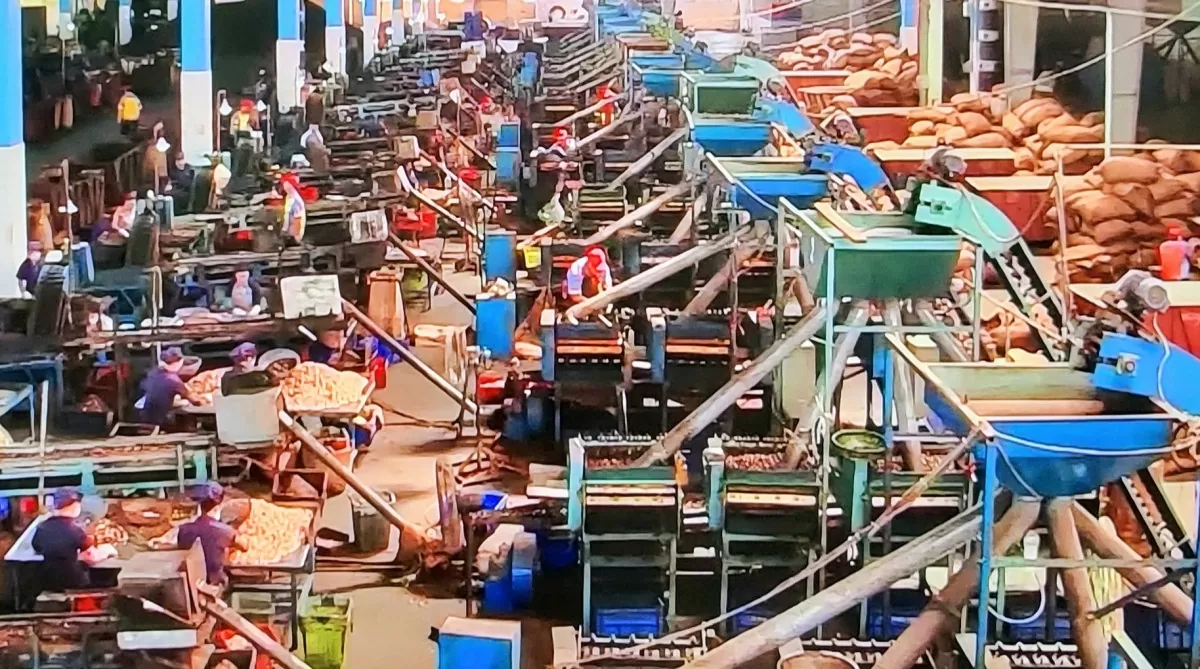 |
| The number of businesses achieving Halal certification in Vietnam accounts for only a very small percentage. |
According to DinarStandard's report, the global Halal consumer market size has reached about 2.3 trillion USD in 2024 and is forecast to exceed 3 trillion USD in 2030. Halal products are not only limited to food but also expanded to cosmetics, pharmaceuticals, fashion, tourism and finance.
Domestic market sector
People's Representative Newspaper has an article: "Bac Giang connects consumption and exploits tourism potential during lychee season".
Entering the promising 2025 lychee season with stable output and outstanding quality, Bac Giang province not only focuses on promoting domestic and foreign consumption connections, but also effectively exploits the potential of lychee season tourism, creating additional revenue and promoting the local image.
Not only focusing on consuming fresh lychees, Bac Giang also sees a golden opportunity to develop agricultural tourism. Deputy Director of the Department of Culture, Sports and Tourism Do Tuan Khoa said: in Bac Giang province, there are currently over 30 community tourism and rural tourism spots with 250 households participating in activities. Many localities have been and are forming spaces for developing ecological agricultural tourism such as districts: Luc Ngan, Luc Nam, Tan Yen...
Hanoi Moi Newspaper reported : "Hanoi - "Locomotive" promoting and consuming OCOP products"
Not only is Hanoi a pioneer in the One Commune One Product (OCOP) Program with more than 3,300 products evaluated and classified, it also clearly demonstrates its responsibility and "leading" role in supporting provinces and cities in promoting and consuming regional OCOP products.
Through a series of trade connection and trade promotion events, OCOP products across the country are getting closer to consumers in the capital.
Trade promotion events held regularly in Hanoi also open up great opportunities for businesses, cooperatives, and craft villages across the country to promote their products, seek partners, and expand their markets. With a systematic approach, linking commercial and cultural factors, Hanoi is gradually forming a sustainable OCOP ecosystem.
Industrial sector
Banking Times published the information: "Golden opportunity for supporting industry enterprises".
Vietnam is facing a great opportunity to become a regional manufacturing hub as the wave of global supply chain shifts is getting stronger. However, to grasp this opportunity, the supporting industry enterprises, an important link in the production chain, are in dire need of stronger support from the financial system, especially the banking sector.
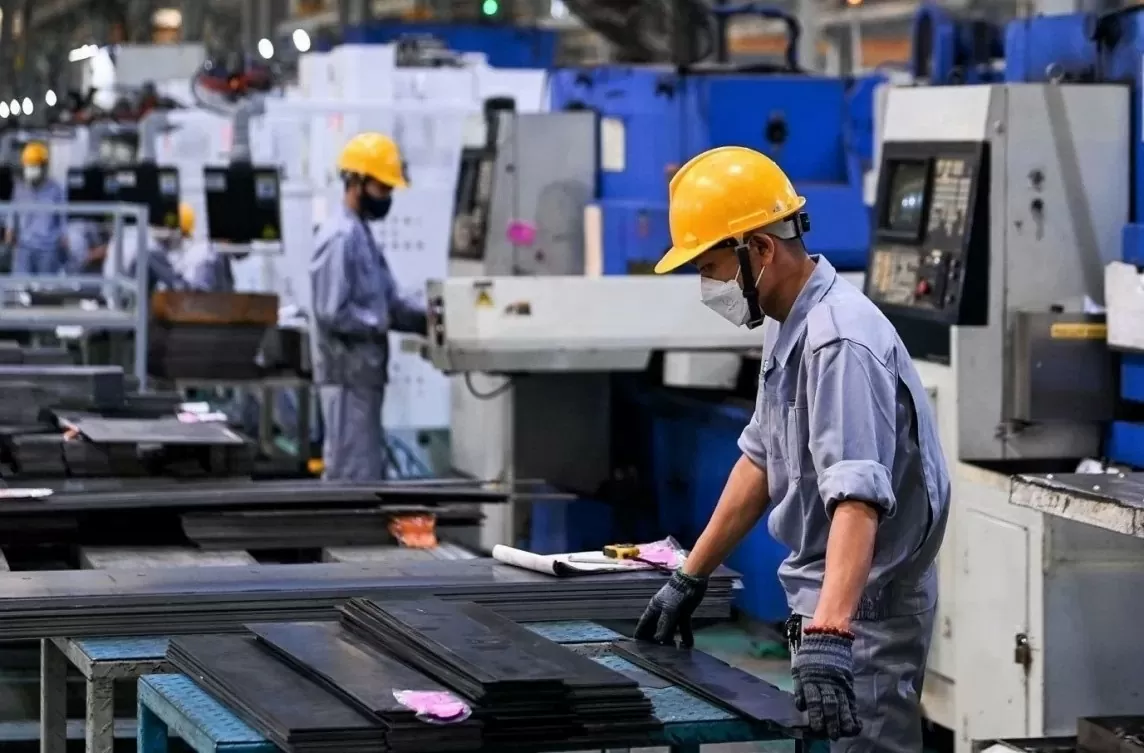 |
According to economic experts, the shift of large corporations to Vietnam not only brings capital, but also creates opportunities for domestic enterprises to participate more deeply in the global value chain. However, the prerequisite is to have a strong enough supporting industrial ecosystem. The opportunities are there, the demand is clear, but Vietnamese enterprises are still struggling with the problem of improving capacity and accessing the market.
Trade defense sector
The Urban Economy Newspaper published an article: "Professional response to trade defense to deeply penetrate the CPTPP market".
According to the Department of Trade Defense (Ministry of Industry and Trade), among CPTPP members, except for Brunei, which has not yet established a specialized agency to investigate and apply trade defense, the remaining countries have proactively issued legal documents to implement these measures. It is understandable that CPTPP countries actively use trade defense tools, because the market must protect domestic production industries from globalization trends. However, the increase in trade defense investigations in CPTPP member countries' markets is increasingly complicated, causing great pressure on Vietnamese export enterprises.
Source: https://congthuong.vn/tin-cong-thuong-96-co-hoi-vang-cho-doanh-nghiep-cong-nghiep-ho-tro-391552.html


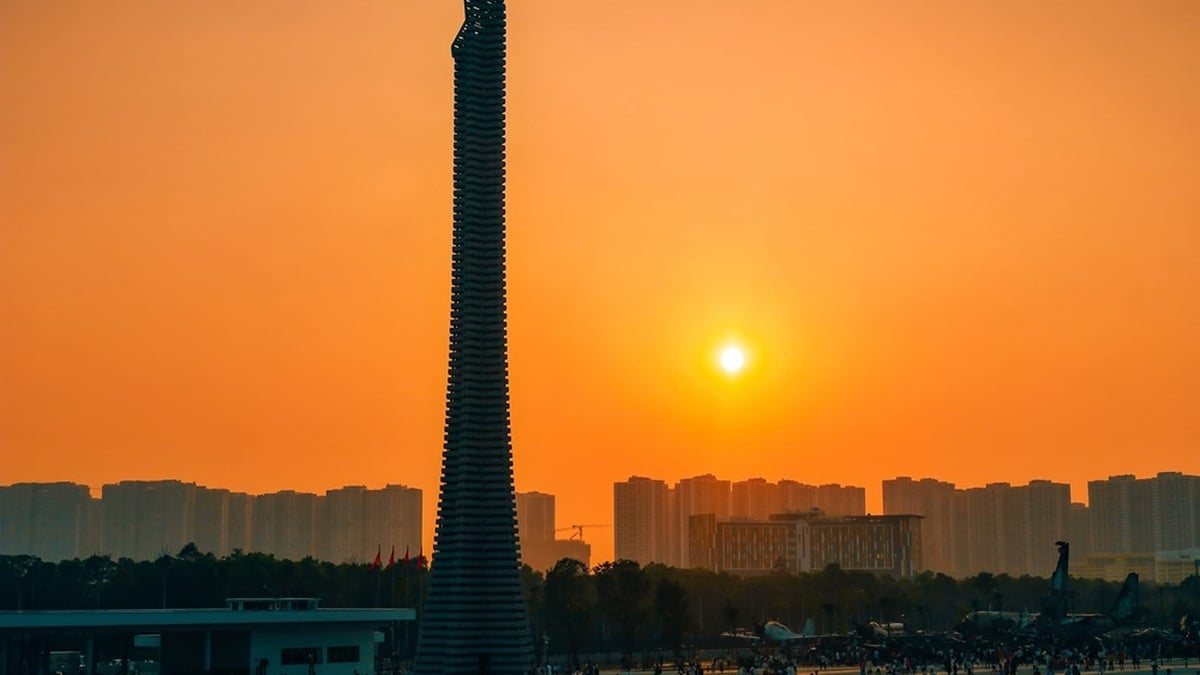





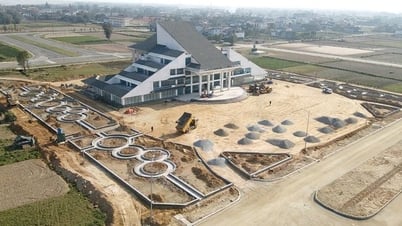

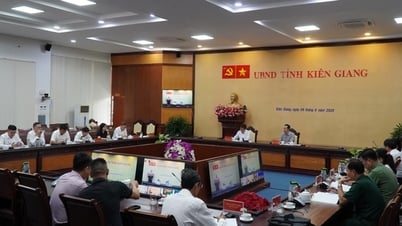

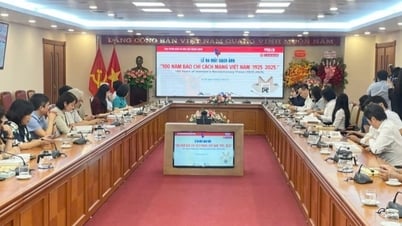








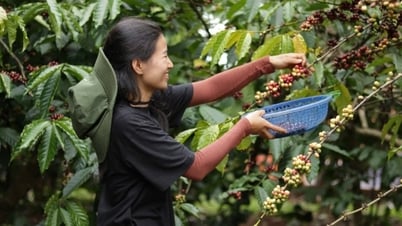
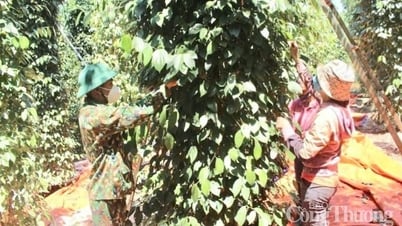
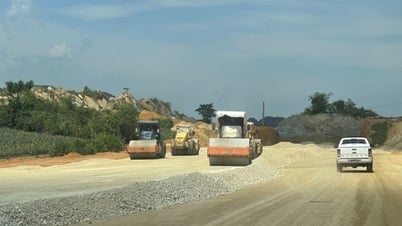

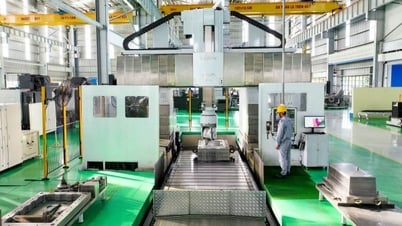




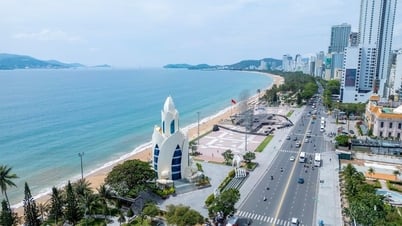

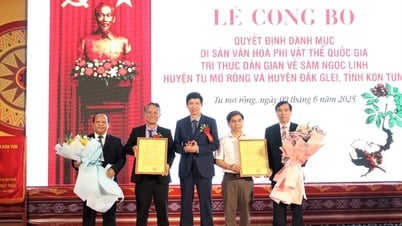

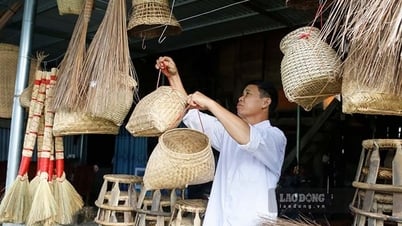
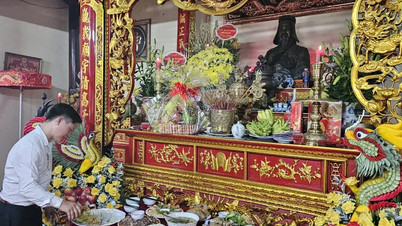














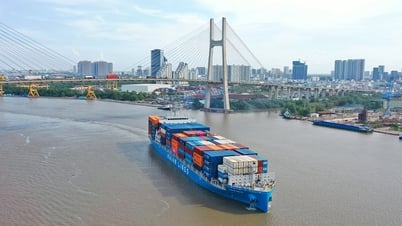


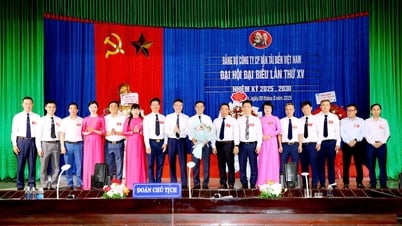
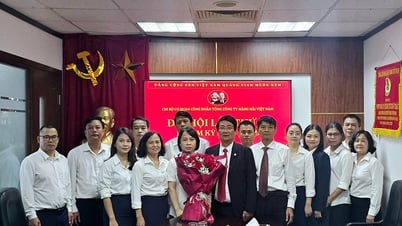










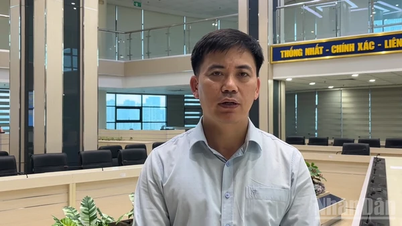









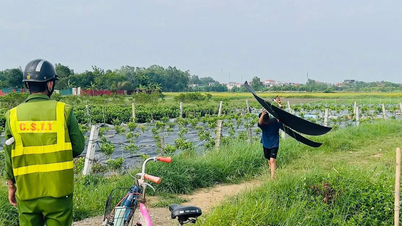


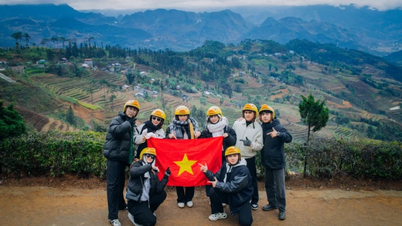
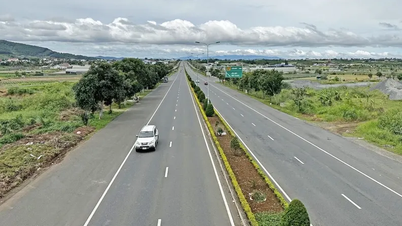



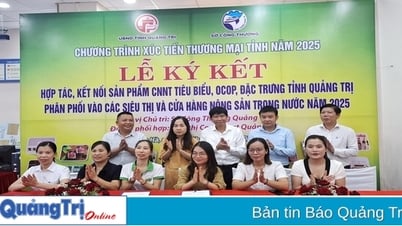

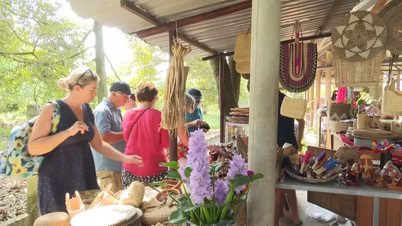



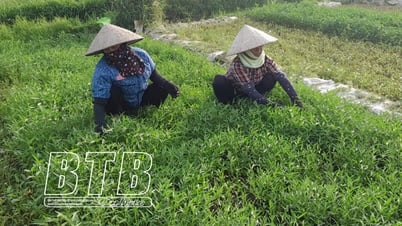
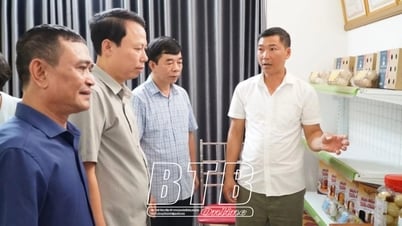


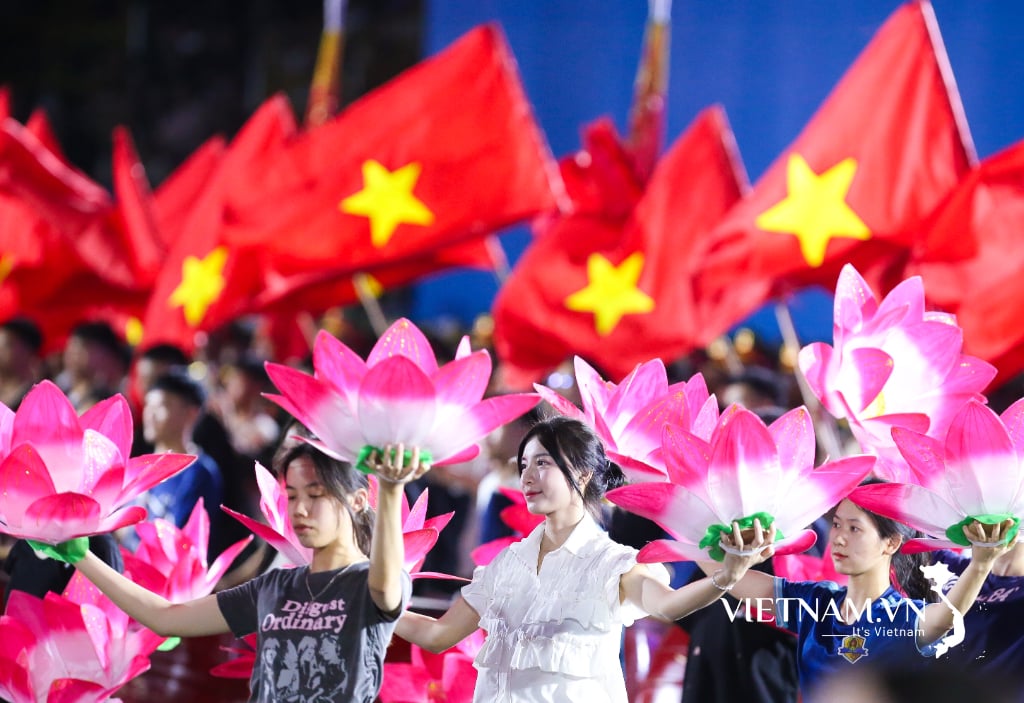

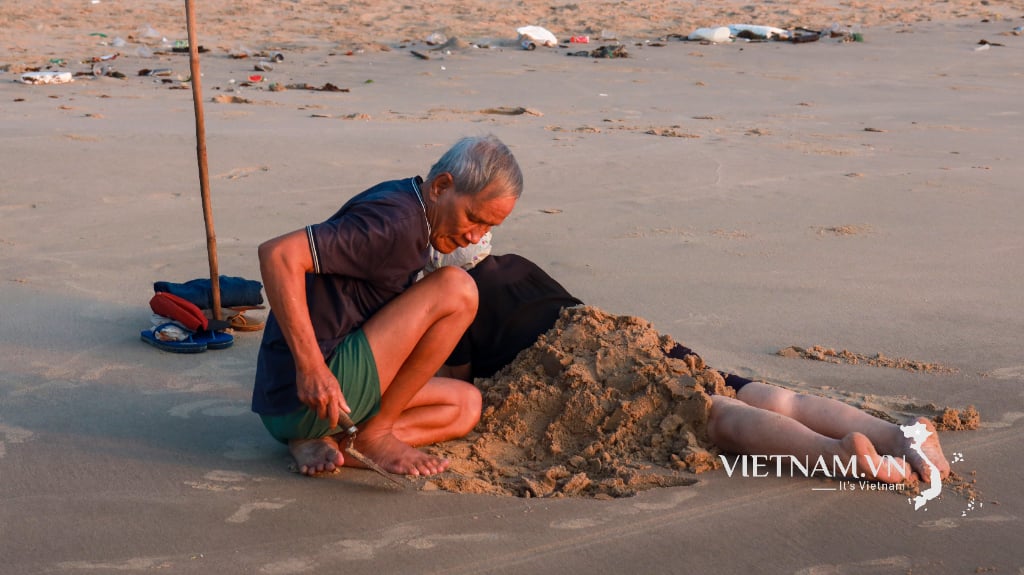
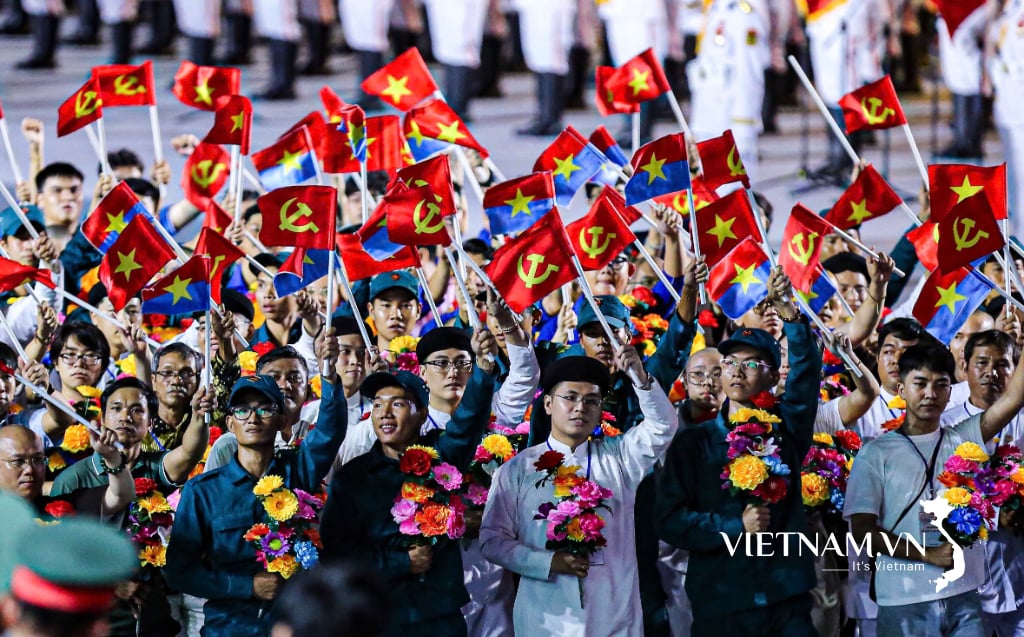
Comment (0)